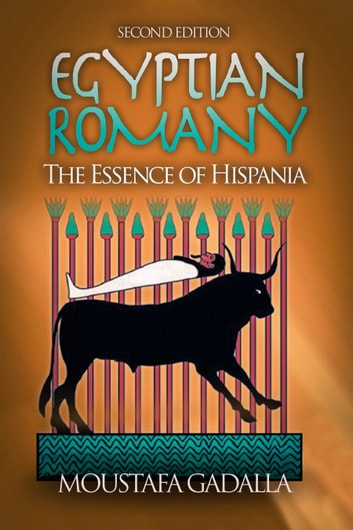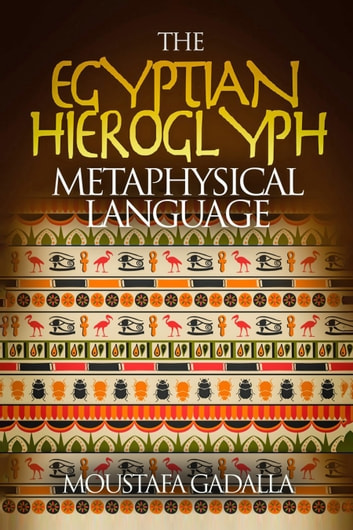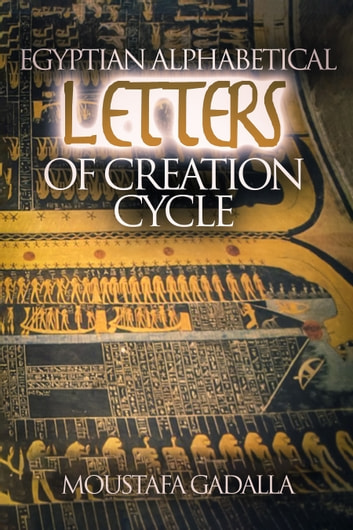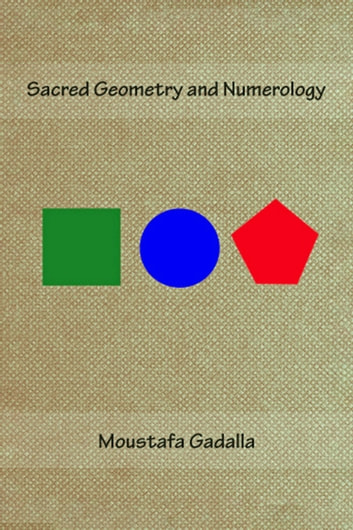
Romani egiziani: l'essenza della Hispania, 2a edizione
BREVE DESCRIZIONE
This new expanded edition reveals the Ancient Egyptian roots of the Romany (Gypsies) and how they brought about the civilization and orientalization of Hispania over the past 6,000 years. The book shows also the intimate relationship between Egypt and Hispania archaeologically, historically, culturally, ethnologically, linguistically, etc. as a result of the immigration of the Egyptian Romany (Gypsies) to Iberia.It also provides discussions and details of the mining history of Iberia; the effects of Assyrians and Persians attacks on Ancient Egypt and the corresponding migrations to Iberia; the overrated “Romans” influence in Iberia; and other miscellaneous items.
Visualizza le opzioni di acquisto
4.0 out of 5 stars Roma or Amor The Real Secret of so-called "Egypt"
Great Reference on language and it’s origins. But the term Roma is the reverse or Amor/Amore/Moor. That’s the real origin of the identity of the people and the name of the place TaMry.
3.0 out of 5 stars Needs more back up evidence for his theories.
I think some of the author’s ideas sound a bit far fetched. He makes lots of assumptions without really solid evidence.
However on the whole it was quite an interesting read. Don’t buy it unless you’re really into Ancient Egyptian civilization.
1.0 out of 5 stars Complete Nonsense
I knew going in to this that the book would be full of false facts, but this book was absolute garbage. As a Romani person I find the author’s complete lack of knowledge of our culture offensive. If you are going to wright a book about our people you should at the very least have read works by Romani authors or spoken to a Romani person. The author makes many false claims, mainly that he beleives that we originated in Egypt. Our language and our culture is proof positive of Northern Indian origins. One of his claims is that the Romani people have a matriarchal society, this is absolute nonsense, we have a VERY patriarchal society. He does not cite ONE piece of work that dealt with the Romani people. Half the time it is unclear wheather he is talking about Romani people or the native Spaniards. One of his more ridicuous claims is that Flamenco is a direct descendant of Ancient Egyptian dance. This is false, it is a descendant of Rajashtani folk dances which still go on today and which is clearly similar to the dances of other Romani tribes. One of the most unsettling things said is that Gitanos are somehow different and unrelated to the other Romani people throughout the world and that (using the term Hungaros specifically)other Gypsies are dirty. All in all this book is not worth reading if you are serious about learning about our culture. I find it very unsettling and offensive when non-Romani people insist on claiming more knowledge about our culture than we know ourselves!
1.0 out of 5 stars Egyptian Romany
While there has been many historical presumptions that the Roma came from Egypt, The Roma came from India, that is what they say out of their own mouths. Which is rare since, Gypsies are private people, and don’t talk much about this to outsiders. The term “Gypsy” is a misnomer made by European when they first arrived and it stuck, and will probably stay for good.
4.0 out of 5 stars Revealing Afro… ehem… Egyptcentrist Knowledge in Need of Getting Synthesized With Other Revealing Afrocentrist Books
Moustafa Gadalla has written another revealing book on the Egyptian influence upon the world. This time he has set out to prove the Egyptian (and not the East Indian) origin of the Iberian Romany/Gypsies; that the entire Iberian civilisation derives directly from Egypt; the false credits of various cultural phenomena given to many other peoples than the Egyptians.
These proofs work with metallurgy, linguistics, music, dance, agriculture, population demographics, historical reports and many other ways. (But not with genetics, I may make a point, as this would have been possible to do in the year 2004, when the book was published.)
He convincingly points out that the Phoenicians have been wrongly credited with a lot of things, such as the invention of the alphabet, mining, ship and harbor building, setting up colonies. The latter to be supposedly true even for Carthage. At this specific point I would have liked to read an elaboration, who else build Carthage then, including its sophisticated harbor and large fleet. The Arabs have been wrongly credited with introducing e.g. the flamenco, guitar, gardening and extensive vocabulary into Spain (and by that indirectly Western culture at large). The Greeks have been wrongly credited with e.g. Hercules, the Romans with e.g. bringing “civilisation” into Iberia. The astonishing thing is that the author lists historical records of the beforementioned peoples, themselves giving credit to the Egyptians of all of these things. In fact, many Western museums display e.g. Ancient Egyptian guitars etc., which shows the intentional character of the historical deception.
Moustafa Gadalla goes even further, showing that Western linguists use flawed methods of categorizing language groups. Probably on purpose also. He suggests that Ancient Egyptian is the mother tongue of all: the “Afro-Asiatic”, Semitic and Indo-European language families. And yes, the Basque language isn’t such a mystery at all, but directly derived from Ancient Egyptian as well. Astonishing are the revelations about the introduction of the alphabet, e.g. the m-sound being derived from the Ancient Egyptian word for “water/sea”, mer (still used as e.g. “Meer” in German), with the “m” representing a wavy water surface as the original sign. Expressions like “Notre Dame de la mer” are completely Egyptian.
Ancient Egyptian religion survived, too, in Christianized and Islamized versions, e.g. transferring the veneration of local/minor gods (who are part of the One God) into the veneration of saints, especially in Iberia.
A very important book. Yet, I have to subtract a star nevertheless. For one thing, the author seems to be a bit biased. Other peoples are termed gangsters, terrorizing, contrary to civilisation etc., while the ancient Egyptians are always the clearcut opposite. For example being not war-like, because they used mercenaries, supposedly exclusively. Even if completely true for all times, this doesn’t make them not war-like. They DID wage war, no matter with what sort of soldiers. Terming e.g. the mother language the “purest” qualifies as a reversal of the bad habit of using reactionary vocabulary too easily. His theory of the Muslims/Arabs, Berbers and Moors in combination with the Jews planning to rule to exploit Iberia TOGETHER would be in need of a bit more substantiation, for as far as I am informed, the Jews had to provide those non-Muslim taxes in Iberia, too, which is odd in context of supposedly having been allies.
This book clashes occasionally with other revealing Afrocentrist books. Which doesn’t necessarily make this book (or the others) invalid, yet this shows that further research is necessary to synthesize all the knowledge. Mostly for a variating, not really directly contrary approach to linguistics, I advise reading


